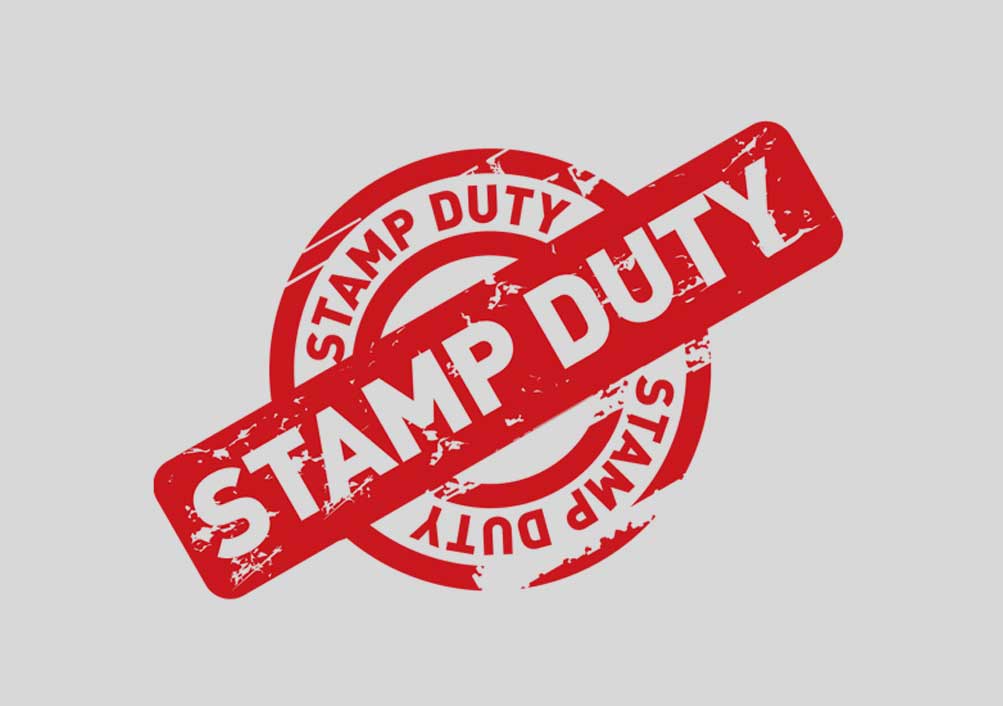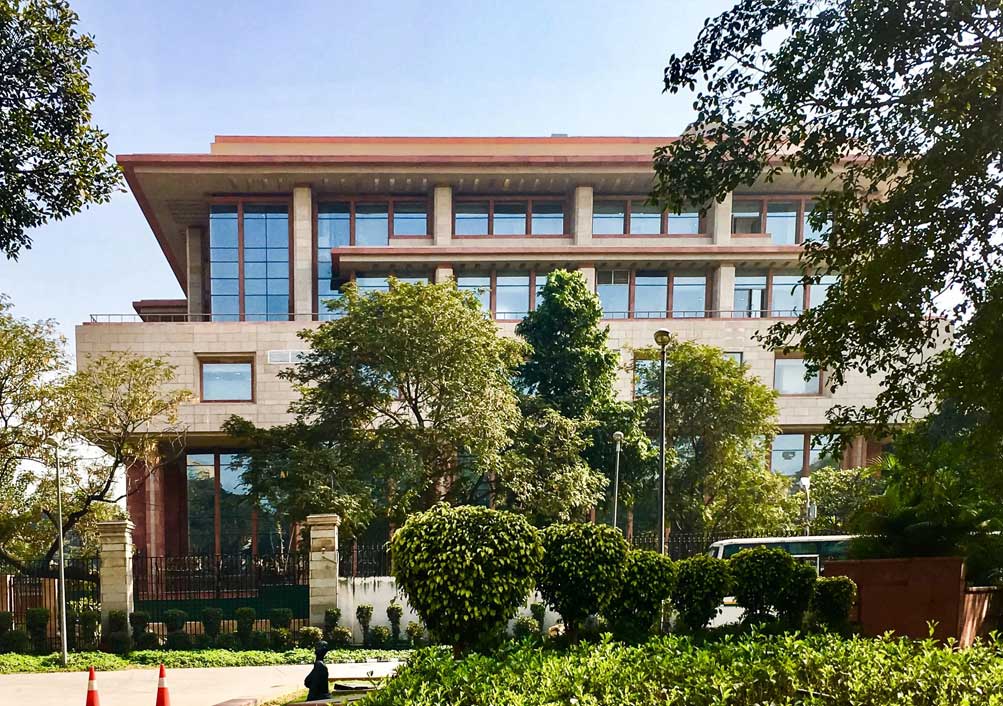In CWP-27366-2019-PUNJ HC-Sec.47-A(3) of Indian Stamp Act permits Collector to issue notice suo motu and same has to be done within three years from date of registration of instrument: P&H HC Justice Jaishree Thakur [31-05-2022]

Read Order: Satpal And Others v. State Of Punjab And Others
Monika Rahar
Chandigarh, June 11, 2022: The Punjab and Haryana High Court has recently held that even if Section 47-A (3) of the Indian Stamp Act permits Collector to issue notice suo motu, it has to be done within a period of three years from the date of registration of the instrument.
The Bench of Justice Jaishree Thakur also asserted that it has been held in a catena of judgments that the Sub-Registrar would become functus officio after registration of the sale deed and in case he is to make reference, it has to be done immediately after registration of the instrument.
The instant petition challenged the 2016 order of the Additional Deputy Commissioner-cum- Collector, Mansa (Collector) directing the petitioners to pay an additional amount of Rs. 4,35,000/- along with interest @ 12% from the date of registration of the sale deed till the deposit of the amount towards deficient stamp duty and registration fee pertaining to the sale deed registered in May 2013. Also, under challenge was the 2019 order of the Commissioner, Faridkot Division, Faridkot, affirming the order of the Collector, in appeal.
In this case, the petitioners purchased land for a total sale consideration of Rs. 6,00,000 by registered sale deed of May 2013. A sum of Rs 60,000 was paid towards stamp duty, registration fee etc. The sale deed was registered by the Sub-Registrar, Sardoolgarh and at that time, the sale deed was not impounded on account of inadequate stamp duty.
The sale deed was returned to the petitioners after registration. The office of the Deputy Controller (Finance and Accounts), Internal Audit Institute (Revenue), Bathinda sent an audit memo to Tehsildar-cum-Sub Registrar, Sardoolgarh pointing out that there was a loss of Rs. 4,35,000/- towards deficiency of stamp duty and registration fee on the sale deed in question.
On the basis of the audit report, the Sub Registrar-cum-Tehsildar made a reference to the Collector intimating to him that an amount of Rs. 4,35,000/- was to be recovered as deficient stamp duty. Thereafter, the Additional Deputy Commissioner, while exercising the power of Collector under Section 47-A of the Indian Stamp Act, issued a notice to the petitioners regarding the deficient stamp duty detected during the audit.
In reply to the proceedings under Section 47-A of the Indian Stamp Act, it was stated that the stamp duty was correctly affixed, however, the Collector by the impugned order agreed with the objection raised by the audit party and directed that deficiency of stamp/registration fee be recovered from the vendee along with interest @12% per annum. The appeal filed against the said order was also dismissed, which led to the filing of the instant writ petition.
The Counsel for the petitioner contended that the impugned orders were unsustainable, as the Sub-Registrar while registering the instrument did not impound the sale deed nor was any reference made to the Collector at his own instance. The sale deed was handed over to the petitioners after registration of the same.
Per contra, counsel for the respondent-State submitted that on the basis of the audit report, it was found that there was deficient stamp duty affixed on the sale deed of May 2013 and pursuant to that, notice was issued to the petitioners herein to pay the additional amount of Rs. 4,35,000/- towards deficient stamp duty and registration charges.
At the very outset, the Court observed that the sale deed was registered in May 2013 by the Sub-Registrar but at that point in time, he did not impound the sale deed nor did he send a reference to the Collector as envisaged under Section 47-A (1) of the Indian Stamp Act, as applicable to the State of Punjab.
After perusing the provisions of Section 47-A of the Act, the Court stated that sub-section (1) of the aforesaid Section enjoins a responsibility on the Registering Officer to refer to the Collector any such instrument for determination of the value of the property in case he believes, while registration of the instrument that the correct valuation of the property has not been truly set forth.
Further, the Court added that on receipt of the reference under sub-section (1), the procedure is prescribed under sub-section (2) of Section 47-A whereas the Collector may suo motu or on receipt of a reference from the Inspector General of Registration or Registrar of a District or on the receipt of a report of audit by the Comptroller and Auditor General of India or by any other authority authorized by the State Government in this behalf or otherwise, within a period of three years from the date of the registration of the instrument, call for and examine said instrument for the purposes of satisfying himself as to the correctness of the value of the property.
Coming to the present case, the Court observed that it was on the objection raised by an audit party that the reference was made by the Sub Registrar to the Collector regarding deficiency in stamp duty on the sale deed executed in May 2013.
Thus, in light of the above, the Court held that in a catena of judgments it has been held that the Sub-Registrar would become functus officio after registration of the sale deed and in case he is to make reference, it has to be done immediately after registration of the instrument.
Additionally, the Court held that even if Section 47-A (3) of the Indian Stamp Act permits Collector to issue notice suo motu, it has to be done within a period of three years from the date of registration of the instrument and that it is settled law that communication of the order alone confers on a paper the status of an order as has been postulated by Article 166 of the Constitution.
Therefore, in view of the finding rendered above, the impugned orders of 2016 passed by the Additional Deputy Commissioner-cum-Collector, Mansa and the Order of 2019 passed by the Commissioner, Faridkot Division, Faridkot were quashed and the instant writ petition was allowed.
Sign up for our weekly newsletter to stay up to date on our product, events featured blog, special offer and all of the exciting things that take place here at Legitquest.




Add a Comment